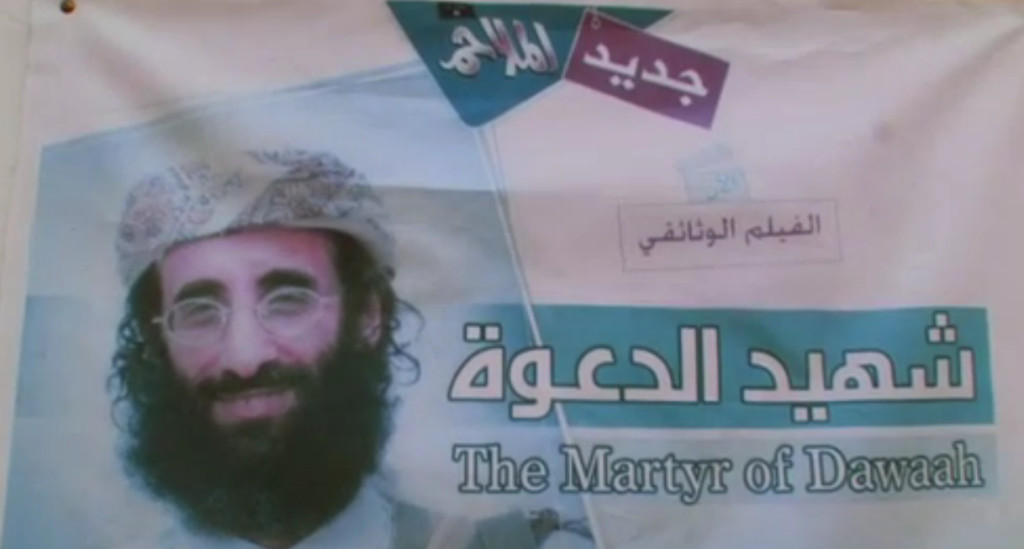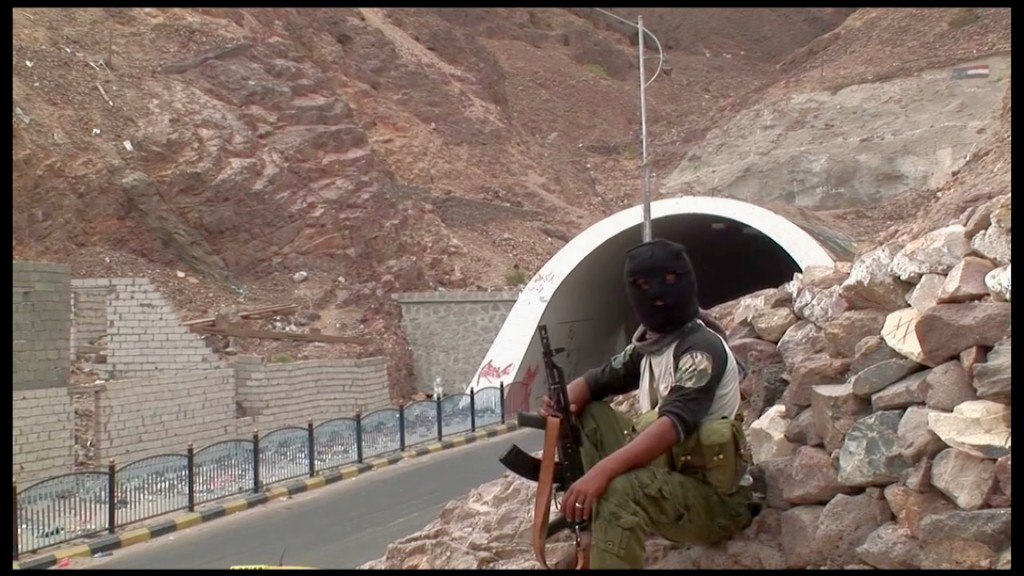Relatives of Americans Killed in Yemen Drone Strikes File Suit Against U.S.

July 18, 2012
Share
Relatives of three Americans killed in U.S. drone strikes in Yemen last fall filed a wrongful-death lawsuit against top CIA and military officials today arguing that the strikes violated their “right not to be deprived of life without due process of law.”
The complaint (PDF) focuses on two strikes: a September 2011 drone strike that targeted and killed Anwar al-Awlaki, a militant cleric with Al Qaeda in the Arabian Peninsula (AQAP) and also killed Samir Khan, an accused AQAP propagandist with him at the time, and an October 2011 strike that killed Abdulrahman al-Awlaki, Anwar’s 16-year-old son.
The suit, which was prepared with assistance from the American Civil Liberties Union (ACLU) and the Center for Constitutional Rights (CCR), “represents the most direct legal challenge yet to the Obama administration’s decision to kill U.S. citizens in counter-terrorism operations without open due process measures or scrutiny from courts,” according to The Washington Post.
In 2010, reports emerged that Anwar al-Awlaki — who reportedly directed the “underwear bomber” plot to bring down a U.S. plane on Christmas Day 2009 and who exchanged emails with Maj. Nidal Hassan, who killed 13 in a rampage at Fort Hood, Texas — had been added to a U.S. “kill list.” The move sparked a fierce debate over the U.S. government’s legal justification for targeting American citizens.
But the story of Abdulrahman, his son who was born in Colorado in 1995, is less well known.
In the above excerpt from FRONTLINE’s Al Qaeda in Yemen, correspondent Ghaith Abdul-Ahad traveled to the dangerous southeastern region of Azzan and documented where Abdulrahman was killed along with eight others, including his 17-year-old cousin. According to reports, the men were having a barbecue.
The boy’s grandfather, Nasser al-Awlaki, told The Toronto Star‘s Michelle Shephard that Abdulrahman was an avid sports fan, and that he often worried Abdulrahman was “too shy and soft.”
The U.S. government has never accused Abdulrahman of being involved in AQAP, and he is not believed to have been a target of the October 2011 drone strike that killed him and eight others. Today’s complaint alleges that the U.S. failed to take feasible measures to protect bystanders, like Abdulrahman, from harm, even in the context of armed conflict.
But according to The New York Times, the lawsuit could face a number of procedural hindrances before a substantive ruling — “or even a public acknowledgment that the United States government did carry [out the strikes] and an explanation of the evidence and decision-making behind them.”
The Justice Department could make the argument that the question about who the administration chooses to target is not fit for judicial review, or that the evidence required would disclose state secrets.
Dig Deeper
Inside the CIA’s Kill List — Read an excerpt from Top Secret America: The Rise of the New American Security State by Dana Priest and William M. Arkin.
Understanding Yemen’s Al Qaeda Threat: Over the last few years, Yemen has emerged as the breeding grounds for some of the most high-profile plans to attack the U.S. homeland. FRONTLINE turned to 11 experts — diplomats, journalists working on the ground, academics, Yemeni activists and counterterrorism analysts — to understand how Yemen became AQAP’s stronghold and how America’s escalating war in the country is playing out on the ground.
Interactive Map: America’s War in Yemen — This interactive map shows the 64 known U.S. drone, missile or other air strikes carried out in the country since 2002, as well as the 19 major terror plots against Western targets believed to be directed by Al Qaeda or AQAP since 2000.
Related Documentaries
Latest Documentaries
Related Stories
Related Stories
Explore
Policies
Teacher Center
Funding for FRONTLINE is provided through the support of PBS viewers and by the Corporation for Public Broadcasting, with major support from Ford Foundation. Additional funding is provided the Abrams Foundation, Park Foundation, John D. and Catherine T. MacArthur Foundation, Heising-Simons Foundation, and the FRONTLINE Trust, with major support from Jon and Jo Ann Hagler on behalf of the Jon L. Hagler Foundation, and additional support from Koo and Patricia Yuen. FRONTLINE is a registered trademark of WGBH Educational Foundation. Web Site Copyright ©1995-2025 WGBH Educational Foundation. PBS is a 501(c)(3) not-for-profit organization.





















